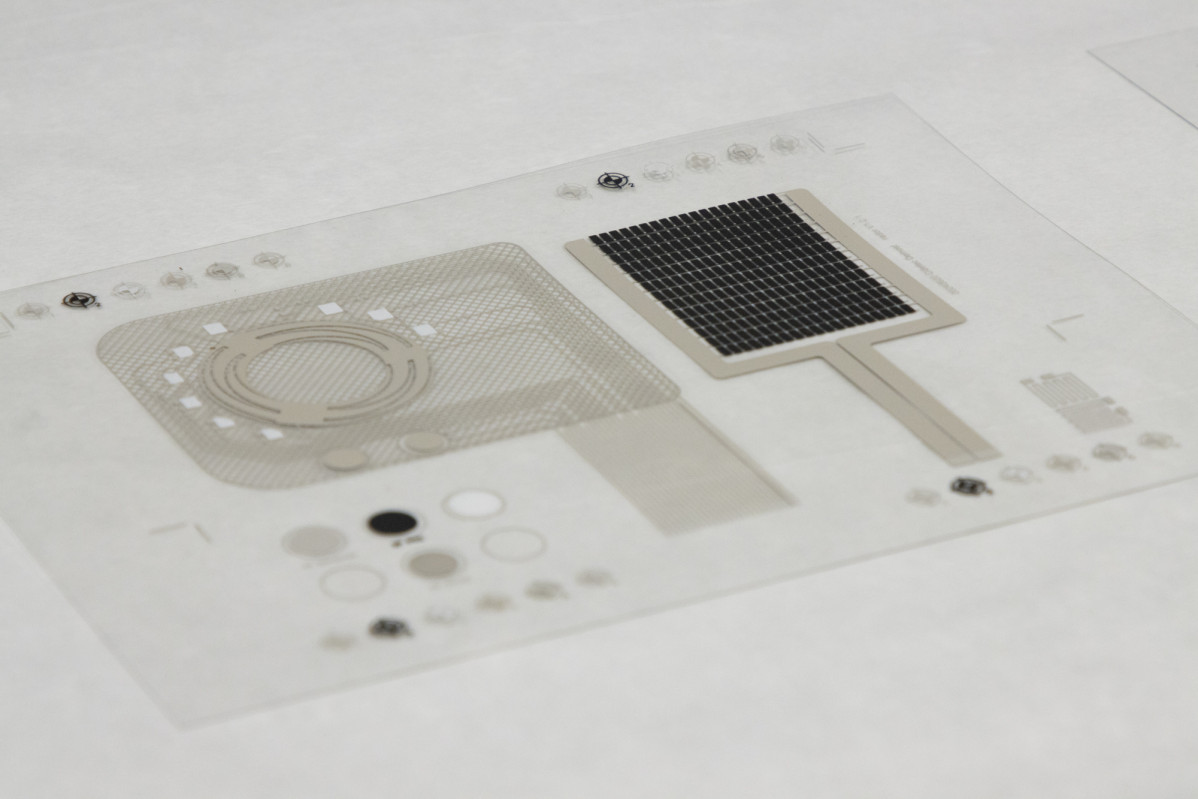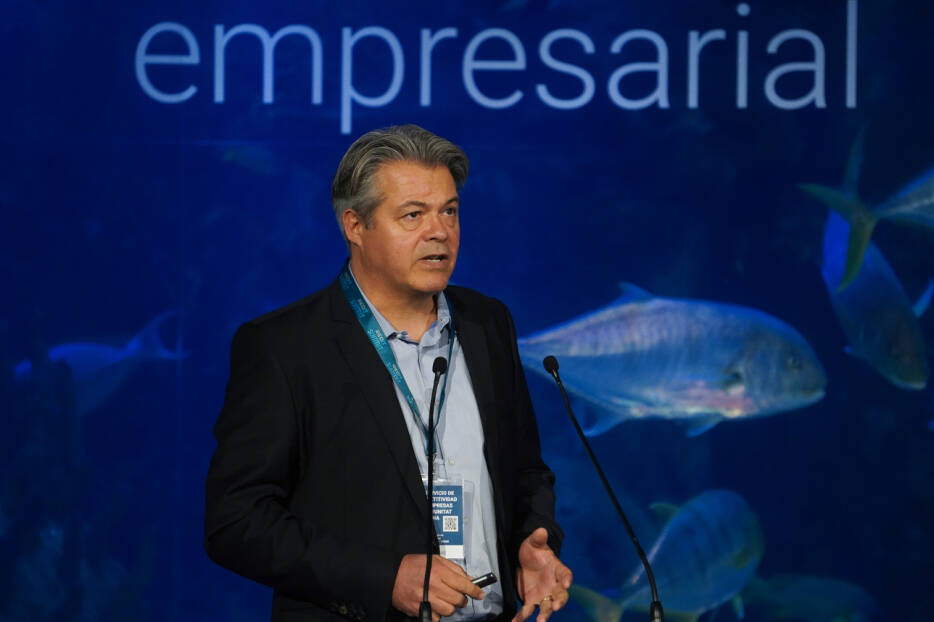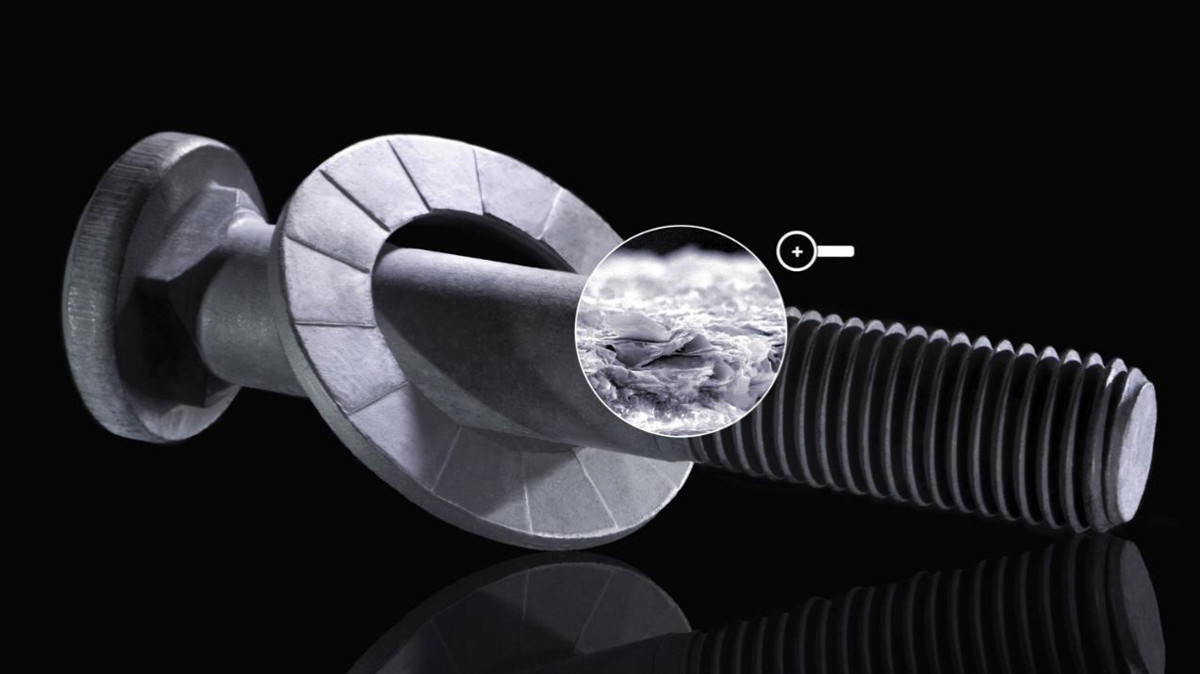A challenging time for the automotive coatings world

We are in a time of continuous transformation in search of more sustainable and economical materials for the vehicle, in which challenges arise for coating specialists in its different modalities.
Cidetec Surface Engineering explains that the automotive sector, always at the forefront of technology, is a benchmark in the search for coatings and surface treatments and that, in the current socioeconomic context, it faces the challenge of being sustainable, while being competitive. “The electrification and connectivity of the sector have led to the search for new solutions to improve comfort in the passenger compartment, its aesthetics, its response to stimuli, durability or electromagnetic shielding, among others, beyond conventional requirements. Cidetec accompanies its clients throughout this process,” they indicate.
Specifically, at Cidetec they are working on the search for new coatings that can respond to market demands, using, among others, digital twins and Artificial Intelligence, which allows them to optimize and implement cutting-edge industrial solutions more quickly. “As an example, we have paints, where Cidetec Surface Engineering is committed to the development of new functionalities through formulations and processes with a lower carbon footprint.”
Regarding the current situation, they indicate that the availability and accessibility of raw materials is one of the aspects that is affecting the industry in general and the automotive sector in particular. “It is a reality that is being addressed by investing in R&D to improve processes and formulations, seeking control of the supply chain to avoid dependence on coating and paint suppliers, as well as certain raw materials (mainly from Asia). In this context, Cidetec Surface Engineering plays a fundamental role as a travel companion,” they comment.
Finally, and in relation to the impact that electrification is having on their activity, they comment that the electrification and connectivity of the sector entails great changes that are being addressed through solutions based on printed electronics, which is leading to strong growth in this technology. “Flexible substrates such as plastic or textile, among others, allow the integration of new devices (displays, antennas, lighting, heaters, etc.), reducing the number of components and their size; even the replacement of wiring with a single printed circuit that covers the entire surface, providing numerous advantages in terms of design flexibility, cost and space compared to conventional electronics,” they say.
“In recent years, Cidetec Surface Engineering has invested heavily in the field of advanced ink deposition on more sustainable plastic substrates, in order to obtain multifunctional components that facilitate the comfort, safety, connectivity and circularity of future vehicles. In addition, our research team seeks to connect this knowledge and solutions with other areas of mobility, the construction sector and the health sector. All this without forgetting the work of Cidetec Energy Storage, a centre that has been working for more than 25 years on the development of batteries throughout its value chain, collaborating closely with the main manufacturers in the automotive sector,” they conclude.

On the other hand, Eric Deschamps, general manager of Satis Coating, explains that as electroplating applicators (electrolytic coating on plastic), their challenge is first to ensure that the products currently available on the market comply with the current legislation established by REACH and are applied safely for our employees. “In parallel, we participate in the development of alternative solutions to replace in the future the substances that REACH indicates to disappear,” he says.
And the truth is that they work hard to achieve higher levels of efficiency and competitiveness in processes and products: “We are focusing our efforts on the use of green energy and with strict control of energy expenditure in all stages of our process. We invest in state-of-the-art equipment with optimized consumption. This control of expenses allows us to be more competitive,” he says.
Regarding the current situation, he indicates that the inflationary episode due to geopolitical instability has caused a contraction in demand. “We have seen a timid rebound this year, but we have little visibility as to the medium-term outlook. Raw materials are more expensive and of poorer quality. We can expect the situation to improve depending on the results of the elections in the USA, the formation of a government in France, a ceasefire in Ukraine and Gaza, etc.”
Finally, and regarding the impact that the electrification trend is having on their activity, they tell us that they manufacture chrome-plated plastic parts for decoration. “The trend in electric cars is also breaking with traditional decoration standards. To maintain our competitiveness, we have developed chrome-plated plastic parts backlit with LED guides in bi-material (2k) parts. This technology is being used in door panels and front dashboards,” concludes the general manager of Satis Coating.

Restriction of the use of PFAS
For his part, Iñigo Hoz Imaz, Business Development Europe at Dörken Coatings, tells us that the restriction of the use of PFAS is undoubtedly the biggest challenge at the moment. “Zinc flake coatings, which aim to guarantee the corrosion resistance of the metal component, as well as its functionality, are currently faced with the need to replace raw materials that have been used to date, for example, to provide optimal performance in car assembly processes.”
However, the challenges do not prevent Dörken coatings from working to achieve higher levels of efficiency and competitiveness in its processes and products: “We are committed to air-cured products, or cured at low temperatures, with what this means when it comes to reducing production costs. In addition, we are committed to products with minimum thicknesses, which do not compromise their performance in terms of corrosion protection and functionality of the metal component,” says Hoz Imaz.
Regarding the current situation and the medium-term prospects in terms of availability and accessibility to the necessary and appropriate raw materials, he agrees that in recent years the influence of the political-social environment on the availability and accessibility of raw materials has become evident. “Although this effect has been intensified by events such as Brexit, the war in Ukraine, the microchip shortage, etc., the double-edged sword of the environment in which we have been operating for years, which is globalization, with the exception of some outbreaks of protectionism, fosters, at the same time as challenges, a multitude of new opportunities. Our job is to identify them and design contingency strategies to avoid being affected by these political-social events,” he adds.
Finally, Dörken coatings' Business Development Europe tells us about the impact of electrification: “The most immediate impact of the electrification of cars on our activity is the slowdown in vehicle sales in general due to the context of uncertainty in the sector. Not only because of the doubts about the technology that is being bet on to a greater or lesser extent (in this sense, in recent weeks we have read news about certain construction companies, which have rectified their initial electrification plans, still betting on combustion engines or other technologies) but also because of the regulations that countries are adopting in the sense of restricting the combustion engine without providing a valid alternative for the majority of the population that does not affect their mobility," he concludes.

Lea este artículo en castellano

La primera jornada de la 17ª edición de Motortec, del 23 al 26 de abril, ha reflejado el renovado interés por la feria con destacadas presentaciones con relevantes contenidos en materia tecnológica y de sostenibilidad.

El grupo ha establecido ocho grandes centros de I+D y más de 300 laboratorios en todo el mundo, reuniendo a más de 25.000 expertos en I+D para formar un sólido equipo de élite científica dedicado a resolver las necesidades de movilidad de los usuarios de la nueva era.

En el marco de la 17ª edición de Motortec, que se celebra desde hoy 23 de abril hasta el sábado 26, se ha desarrollado la tercera edición de los Homenajes SERNAUTO “Contribución destacada al sector de componentes de automoción”.

AIC-Automotive Intelligence Center apuesta por la generación y potenciación de talento en el sector y, por ello, lanza la nueva edición de su AIC Campus con programas de verano para jóvenes entre 8 y 17 años.

Ford mejora el Mustang Mach-E en 2025, fabricado en la planta de Cuautitlán (México), con nuevos elementos de deportividad, más espacio interior y una nueva bomba de calor para optimizar el consumo de energía
